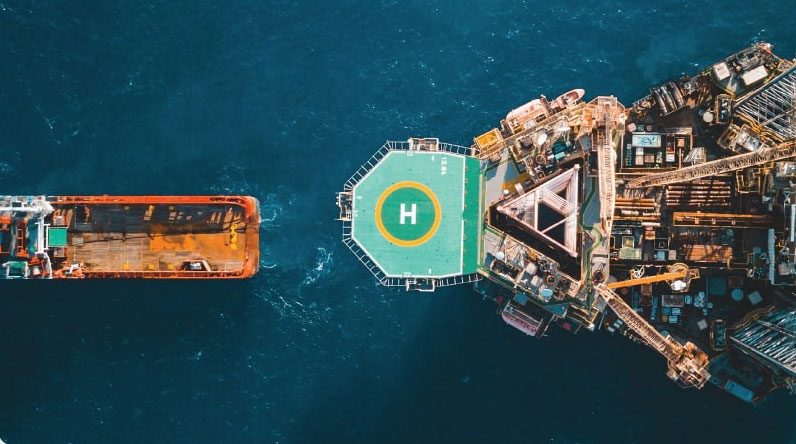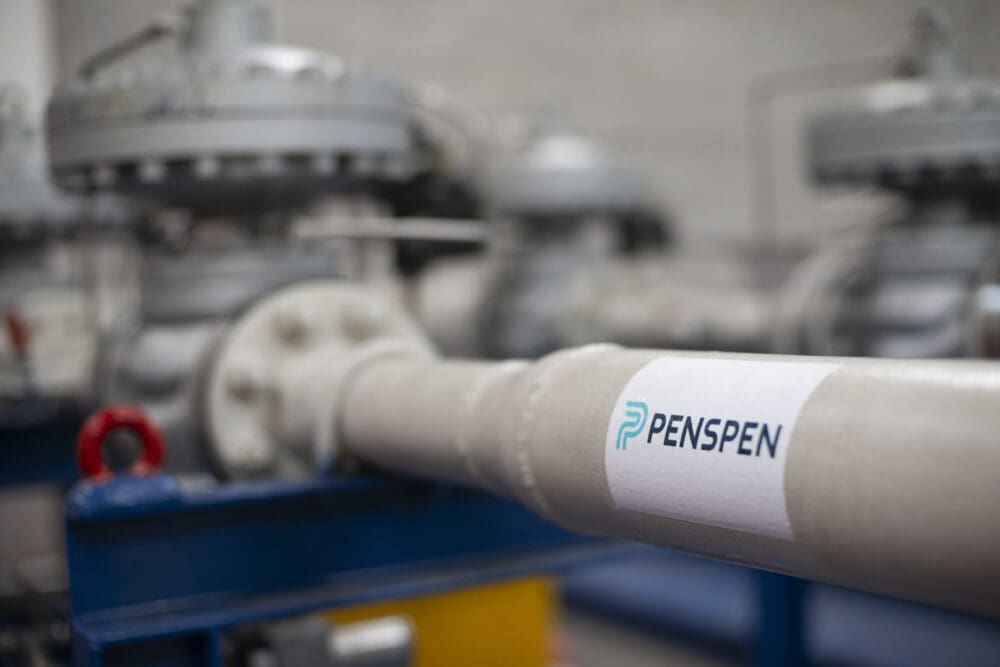Data Management Strategies for an Efficient Implementation of Industry 4.0 Integrity Assessments

Abstract
Operators have a choice of a vast range of specialised integrity assessment software. Often implementation requires investment of significant resources and full return on investment may not be realised. Is it therefore even reasonable to expect that existing software is phased out before the planned amortisation date or point of obsolescence in favour of a single solution?
The authors believe not; this however highlights the existing problem of compartmentalisation within integrity management. An operator, inspection company or engineering consultancy may have implemented the leading software for each specific threat to integrity, but in many cases data transfer is limited to human intervention, often using spreadsheets. The risk caused by human induced errors, and of specific threats being overlooked is increased if integrity assessments are performed in non-interconnected silos.
Cloud infrastructure, artificial intelligence, proliferation or sensing devices, improvements in remote sensing technology, faster processors, access to skills and organisational cultural changes offer opportunities for the pipeline industry to better manage risk to pipelines. In a digital era why would an operator of a pipeline producing dynamic and or high risks accept the results of an assessment based on data that can commonly be 6 months older or more? We know we can access live data from sensors such as corrosion probes, pressure and other operating parameters, so why would the assessment continue to be referenced to a single point in time?
A key question might be; is digitalisation enough, or should the industry be aiming higher and be implementing an Industry 4.0 compatible strategy?
The authors aim to define the above, answer these questions, and demonstrate how improved data management, and improved formats for data transfer can allow implementation of Industry 4.0 pipeline integrity management which reduces compartmentalisation and allows improved deliverables such as live integrity assessments and reporting, which overall can help operators reduce the risk of future pipeline failure.
Insights & News
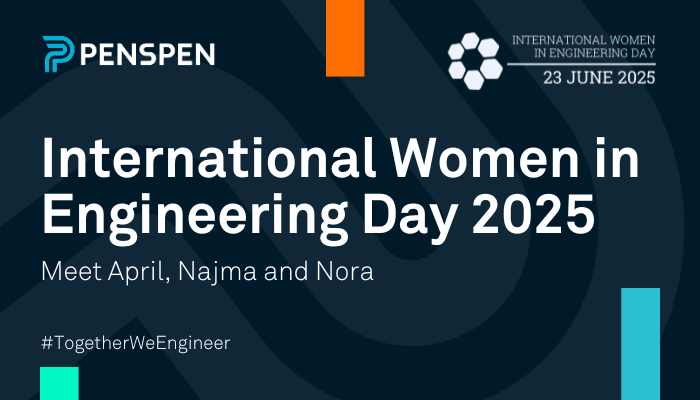
International Women in Engineering Day: Meet April, Najma and Nora
In this second edition, meet April, As-Build Coordinator & Lead CAD Associate at C&I Engineering, a company acquired by Penspen in 2024; Najma, Senior Finance Officer based in Abu Dhabi; and Nora,...
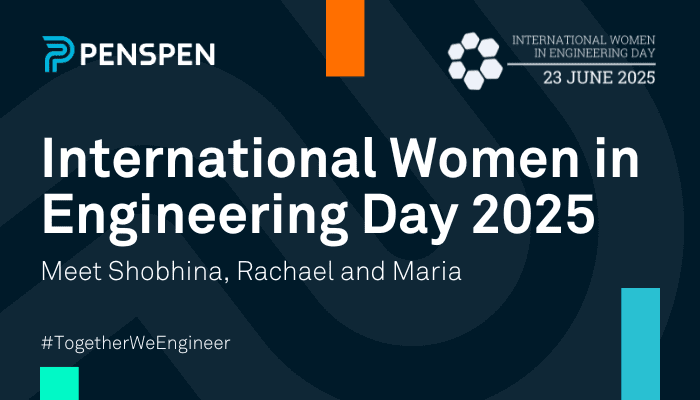
International Women in Engineering Day: Meet Shobhina, Maria and Rachael
The energy industry is changing rapidly, and meeting the challenges posed by this transition requires a diversity of talent and perspectives – something that we’re committed to addressing in a...

Carbon Capture, Utilisation and Storage – What are the Real Challenges & Costs?
As the global push for net zero intensifies, Carbon Capture, Utilisation, and Storage (CCUS) is emerging as a critical technology to decarbonise energy supplies and industrial processes. With the...

Challenges and Considerations for Hydrogen Integration in Natural Gas Pipeline Networks: A Comparative Screening Methodology
The global transition to hydrogen is accelerating, and repurposing existing natural gas pipelines is a critical step towards a low-carbon future. However, ensuring the feasibility, safety, and...

Penspen and Cosasco Announce Strategic Collaboration to Advance Corrosion Monitoring and Management Solutions
(L-R Brandon Alexander – Penspen US Director, Peter O’Sullivan – Penspen CEO, Philip Bourop – Cosasco President, Om Mourya – Cosasco VP of Sales, Gustavo Romero...
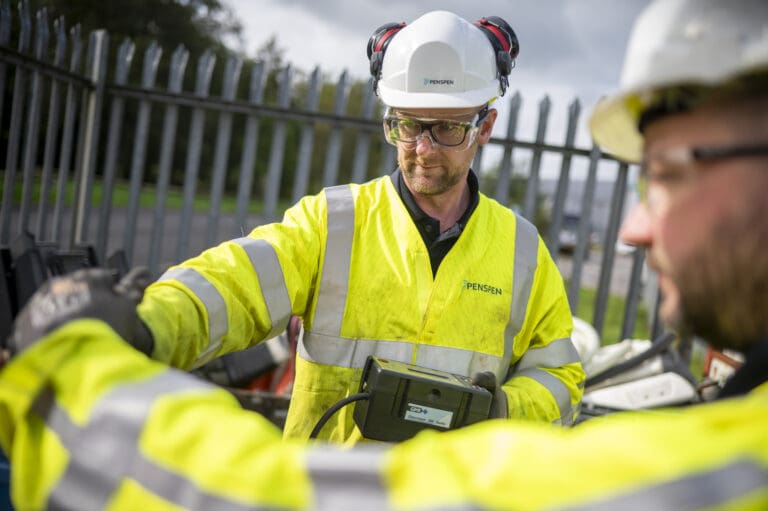
Penspen Training Courses Achieve IGEM Recognition
Penspen’s asset management training courses were recently recognised by IGEM, the Institution of Gas Engineers and Managers. This prestigious recognition demonstrates that Penspen’s...

Penspen Strengthens North-East Commitment with New Aberdeen Office as Growth Accelerates
New Office Investment Boosts 200-Strong Team’s Capacity to Deliver Key Energy Transition Projects (Darren Bartlett, Penspen’s Director of EPM and Energy Transition and Grant Lunn, CEO of...


